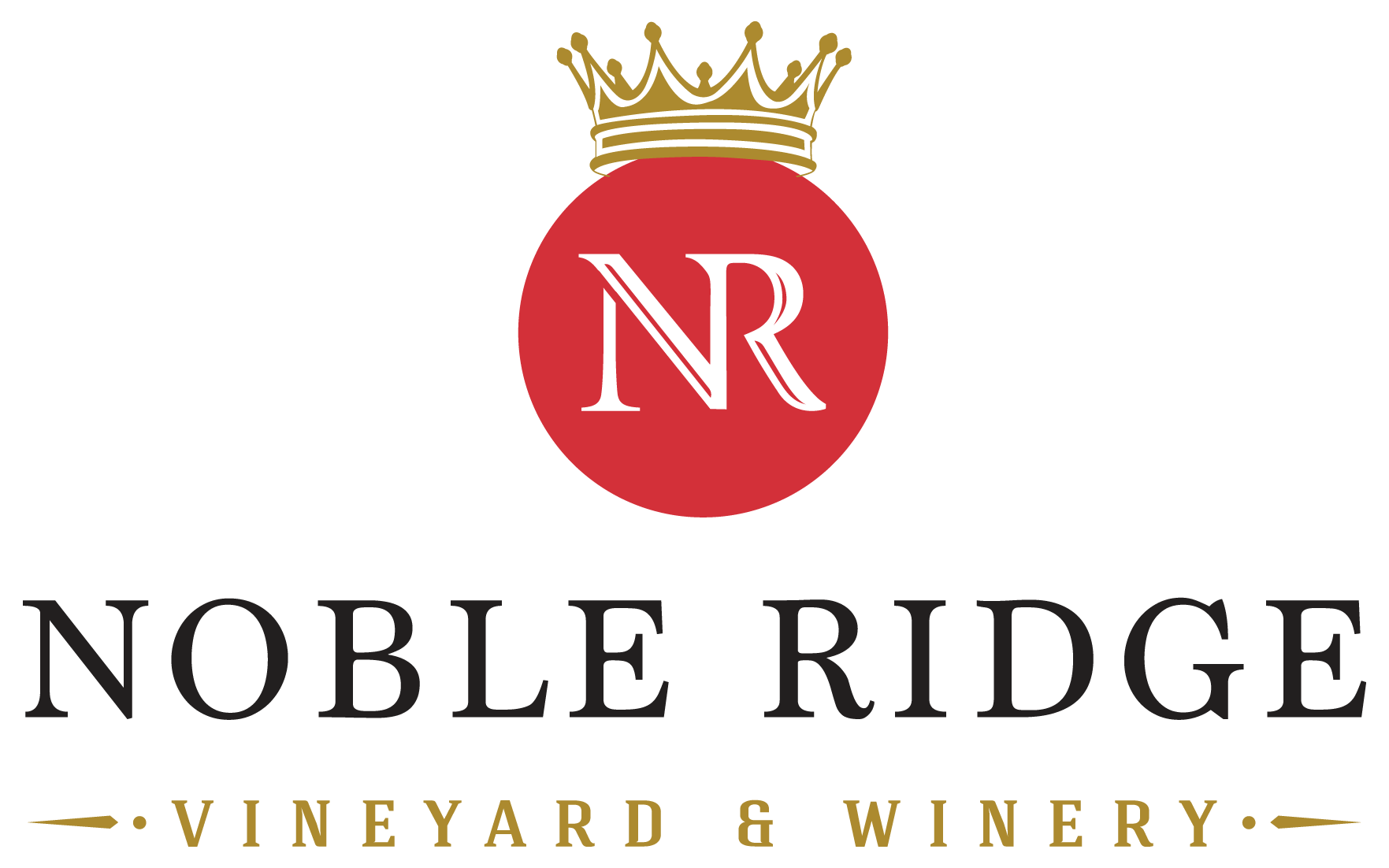Noble Ridge breaks down its Sustainability Program into the following components:
PEOPLE
Our Winemaker Benoit Gauthier is leading the Sustainability initiatives at Noble Ridge. He is working with the Sustainability Winegrowing BC certification program and TOTA’s Biosphere program, in conjunction with several sustainable initiatives already in practice at Noble Ridge. Part of his responsibilities are to ensure all members of the Noble Ridge team are educated and informed regarding sustainability generally, and the sustainable practices employed here at Noble Ridge specifically. Tasting Room staff are trained to share their sustainability knowledge with the guests as well.
Part of a strong sustainability program includes looking out for and supporting people. Items such as fair wages, good working conditions, a vibrant occupational health and safety program and good communication throughout the organization as well as to our communities. Noble Ridge works to achieve all those objectives on an ongoing basis.
WATER
As we are located at the northern most tip of the Sonoran Desert, we utilize drip irrigation to conserve water. This system delivers water to each individual plant and greatly reduces the volume of water used and the amount of evaporation resulting from overhead sprinklers. In addition to this, we utilize a deficit irrigation system to water our plants. Water is given to the plants only as needed. This results in the roots of the vines growing deeper to obtain their own water and typically results in the use of less water each year.


ENERGY
We have incorporated a geothermal heating and cooling system into our tasting room and have installed solar panels to help reduce the electricity consumption.
In our winery, we have installed energy efficient lighting and introduced motion sensors to automatically shut off lights when no motion is detected. Solar panels are also in the plans for the new winery addition. It is hoped that in a few years, we will be able to run our winery operations from our solar panels and even contribute back to the grid.
WASTE
Over 95% of our wine production is bottled in eco glass which helps reduce the carbon footprint and lessens the shipping weight.
We have a comprehensive waste management/recycling program at Noble Ridge. Staff and guests are encouraged to sort their waste, in clearly marked containers. Wherever possible, items are re-used. If not, they are sorted for recycling where possible.
In the Tasting Room, the pandemic had required us to go back to some plastics; our goal and preference is to use no plastics or paper products and to eliminate single use. Our picnic area utilized cloth tablecloths; utensils are made of bamboo, and wooden boards and cloth napkins are provided. Paper bags or boxes are offered for our guests’ wine purchases. All washroom facilities are equipped with efficiency toilets.


LAND
We started with our land. Our land is composed of glacial fluvial soils which contains sand, gravels and lots of rocks. To keep and enhance the topsoil, we planted drought resistant grasses and cover crops in between the rows of vines. This increases the organic matter and leads to a more vibrant soil ecosystem.
We have incorporated a yearly compost program to ensure the health and vigour of our vines. Each year specific areas of our vineyard are targeted for the addition of compost. This ensures a healthy ground cover and topsoil and provides additional nutrients to the soil. In addition, our prunings are gathered into the centre of each of the rows between the vines and are mulched and returned to the soil.
We have also utilized unique trellising systems with certain of our grape varieties in part to take advantage of the prevalent north/south or south/north winds. By utilizing horizontally and vertically divided canopy systems, we have opened the vines to allow the air to flow freely through the grapes and vines, we naturally reduce the chances of mold or mildew.
Noble Ridge also utilizes natural insectuaries with areas of native plants scattered throughout the vineyard to attract “good bugs” to feed on the pests and insects. This also assists in eliminating the need for sprays.
We introduced a grape hoe in 2021 to eliminate the weeds under the vines. The grape hoe is a single blade that goes 4 – 6 inches into the ground, cutting a thin, precise line around each vine. In this way, the roots of troublesome weeds are severed. This approach allowed us to eliminate the use of herbicides in our vineyard; our goal is total elimination of herbicides by 2022. The grape hoe also assists by gently turning the soil in a limited manner, enough to assist in germination of new cover crop seeds.
Using the grape hoe for the first time, Benoit is partnering with a few neighbouring vineyards to test a new cover crop. According to research conducted by Agriculture and Agri-Food Canada, “there are five significant benefits of cover crops in perennials [like grapes]:
- Reducing soil erosion
- Reducing nitrite leaching
- Moderating temperatures
- Weed control, and
- Increasing organic matter for enhanced soil biological activity
Our new cover crop mixture is comprised of lentils, flax, turnip, oriental mustard seed, teff, phacelia, vetch and worm castings. We expect that this cover crop will assist in competing with undesirable weeds as well as importantly improve the organics and overall health of our soils.


